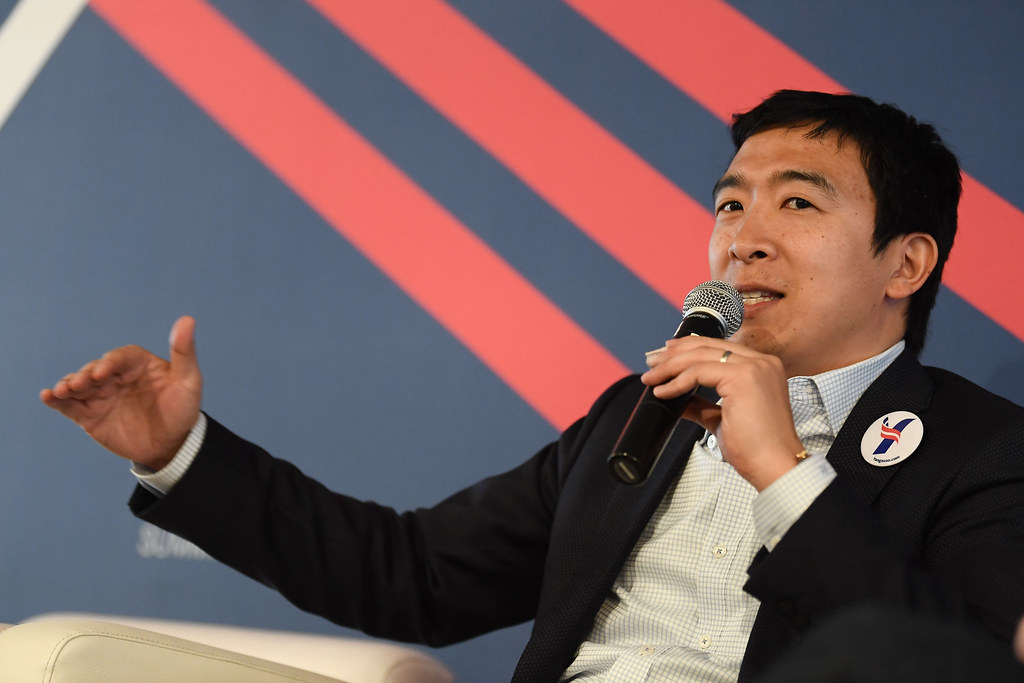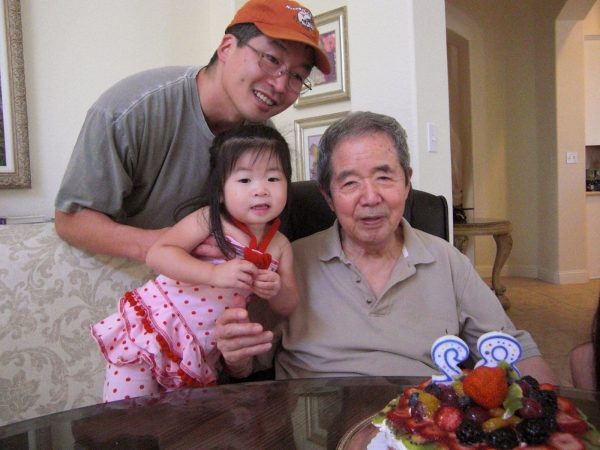Andrew Yang — beyond his $1,000 a month policy

30 April 2018; Andrew Yang during Ecosystem Summit prior to the start of Collision 2018 at Launch Pad in New Orleans. Photo by Stephen McCarthy/Collision via Sportsfile
Andrew Yang started out as one of the lesser-known candidates in the 2020 presidential race. He gained traction after releasing his Universal Basic Income plan called the “Freedom Dividend” which proposes giving every U.S. citizen over the age of 18 $1,000 per month. As is expected, this policy has become very attractive to working class people and millenials in America.
However, Yang’s campaign is about more than just the fact that he wants to give you money. In fact, he has an extensive list of policies on his website (linked here) ranging from the fight for equal pay to lowering the voting age to 16. By some standards, these policies are still radical, but it shows he has more concrete ideas than to just throw some money up in the air and see what happens.
He organizes his policies into 10 separate categories: Economy/Jobs & Labor, Environment, Democracy/Governance, Civil Rights/Criminal Justice, Healthcare, Education, Family/Social Cohesion, Foreign Policy, Immigration and Miscellaneous/Fun. Basically, if you have a problem, Andrew Yang has your answer.
But since the $1,000 per month is his most popular plan, let’s delve into what it really means. First off, you might be wondering, “Why now?” According to Yang, the current problem in the U.S. is the replacement of human workers by machines, and this replacement level will continue to grow. In order to strengthen the economy, and put money back in the hands of the laborer, Yang hopes the money will help people to access better health service and pay off student loans. The next question you might ask is, “Where will this money come from?” Yang’s current plan is to place a higher tax on the “companies benefiting most from automation” — a sort of Robin Hood approach to the economy.
My problem with Yang’s plan is that the money is non-incentivized, meaning that the receiver has to do virtually nothing for the monthly $1,000 check. In the long run, this may do more harm to his effort of revitalizing the economy than help. If people aren’t motivated by money, what is pushing the lawyer to excel in her job to receive a promotion or for the pharmaceutical scientist to work overtime to create better medicines? Incentives are important, and free money seems like a backstep from creating a stronger economy that continues to compete worldwide.
This is why a lot of the opinion surrounding Yang is very take-it-or-leave-it. Many of his die-hard supporters — self-named the “Yang Gang” — flaunt their support for his Freedom Dividend Plan and not much else, simply ignoring his other policies. Similarly, on the debate stage Yang is asked only questions concerning the economy and his UBI plan. This has blocked the spread of his other policies that are more concerned with social welfare, such as decriminalizing opioids and border security.
According to a Sept. 2-Sept. 5 poll by ABC News, Yang is currently polling at 3.0 behind Indiana Mayor Pete Buttigieg. In just four months, Yang has gained 2.2 percent in the polls, and gained a giant following nation-wide. Yang is among the 10 candidates who have qualified for the third debate which will occur Sept. 12. Hopefully, in a smaller field of candidates Yang will be able to promote some of his other ideas along with his Freedom Dividend Plan.





